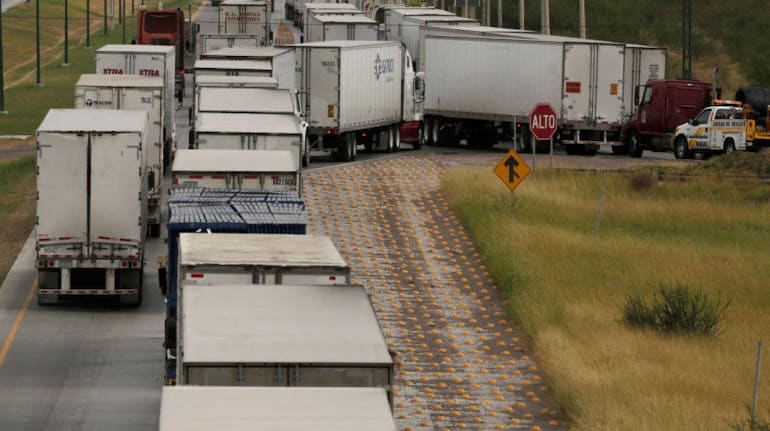



Finance Minister Nirmala Sitharaman will present the Union Budget 2021 on February 1. This is undoubtedly one of the most challenging budgets amid the coronavirus pandemic and the resultant economic distress. Here, let us look at the state of the Indian freight transportation sector.
State of transportation industryThe COVID-19 pandemic and the resultant economic slowdown have exacerbated the pain of the road freight transportation sector which is already suffering from overcapacity due to the revised axle norm and moderating freight demand. Owing to lower fleet utilisation, transporters were unable to pass on the 20 percent rise in diesel prices, as spot freight rates fell around 3 percent in September vis-a-vis April, severely impacting transporter profitability.
Fleet utilisation appears to have improved sequentially, especially in the third quarter of fiscal 2021 thanks to festive demand. This is confirmed by an increase in freight rate – spot freight rate rose around 18 percent in November vis-à-vis September against a one percent dip in diesel prices during the period. Having said that, fleet utilisation is lower than in fiscal 2019, as freight rates remain at the levels seen in that fiscal, while fuel prices are about 8 percent higher.
What we expect from Budget 2021-22Against the backdrop of poor transporter profitability and record-high diesel prices, additional excise duty imposed on diesel in the first half of fiscal 2021 (from Rs 18.8 in April to Rs 31.8 in December) can be partially reduced to lower the input cost for transporters, especially as fuel accounts for approximately 55 percent of a transporter’s total operational cost.
Under the Goods and Services Tax (GST), a transporter can pay tax in two ways: the reverse charge mechanism (RCM) and the forward charge mechanism (FCM). Small fleet operators prefer RCM as their services are classified under 5 percent GST without input tax credit and tax compliance is borne by the consignor. However, the organised sector, comprising large fleet operators, prefers FCM, under which 12 percent GST is paid with input tax credit upfront on the services provided. The compliance requirements under FCM are high and should be reduced as it is cumbersome for transporters.
Key monitorableFreight demand revival, which will improve transporters’ profitability, depends on recovery in economic growth and the government’s spending, especially on infrastructure.
Discover the latest Business News, Sensex, and Nifty updates. Obtain Personal Finance insights, tax queries, and expert opinions on Moneycontrol or download the Moneycontrol App to stay updated!
Find the best of Al News in one place, specially curated for you every weekend.
Stay on top of the latest tech trends and biggest startup news.